(ECNS) -- China's traditional tea processing techniques and associated social practices were added to the intangible cultural heritage list of the United Nations Educational, Scientific, and Cultural Organization (UNESCO) on Tuesday.
The item "Traditional tea processing techniques and associated social practices in China" passed the examination at the 17th session of the UNESCO Intergovernmental Committee for the Safeguarding of the Intangible Cultural Heritage held in Rabat, capital of Morocco.
Tea is ubiquitous in Chinese daily life, as steeped or boiled tea is served in families, workplaces, tea houses, restaurants, and temples, to name a few. It is also an important part of socialization and ceremonies such as weddings and sacrifices, UNESCO said.
China’s traditional tea processing techniques and associated social practices entail the knowledge, skills and practices around tea plantation management, tea-leaf picking, manual processing, drinking and sharing.
The country has a long history of tea plantation, tea-leaf picking, manual processing and drinking. Based on natural conditions and local customs, tea producers have developed six categories of tea: green, yellow, dark, white, oolong and black teas.
The techniques are mainly found in the provinces and autonomous regions of Zhejiang, Jiangsu, Jiangxi, Hunan, Anhui, Hubei, Henan, Shaanxi, Yunnan, Guizhou, Sichuan, Fujian, Guangdong and Guangxi. Tea-related social practices have been spread throughout the country and shared by multiple ethnic groups.
Chinese tea has already become an important medium for communication and mutual learning between Chinese and foreign civilizations.
China now ranks first in the world with 43 items on the intangible cultural heritage list.














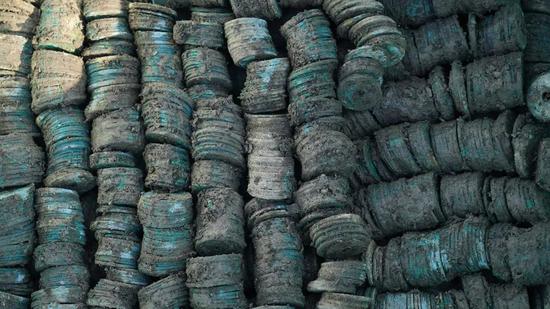






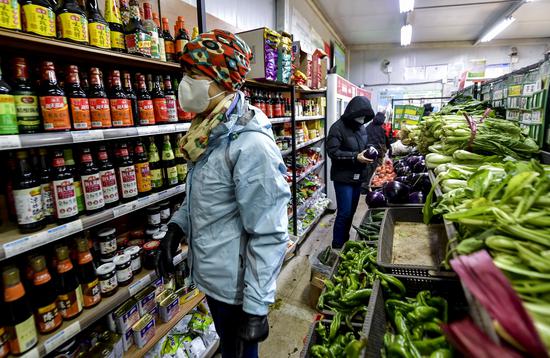





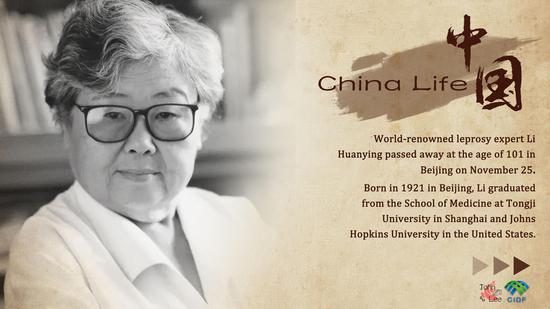



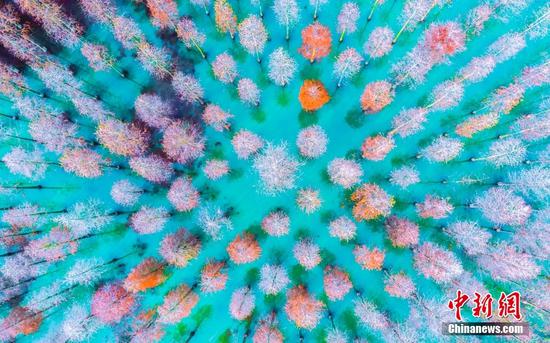




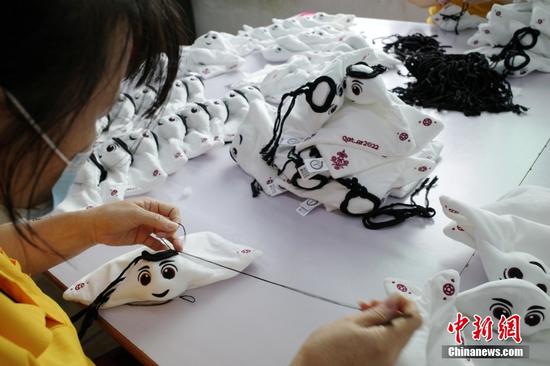
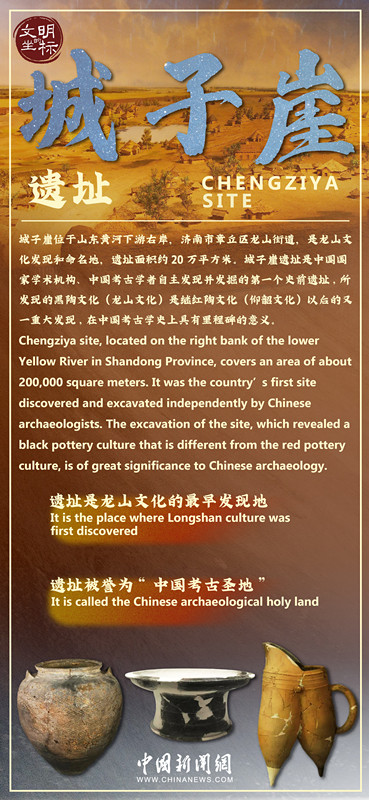
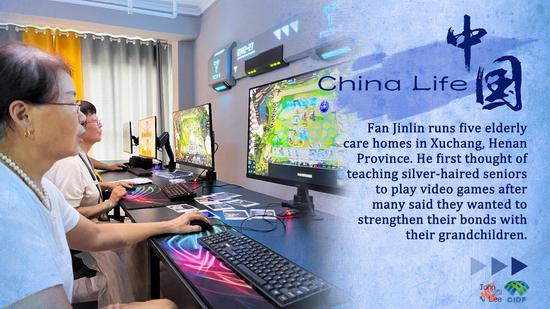
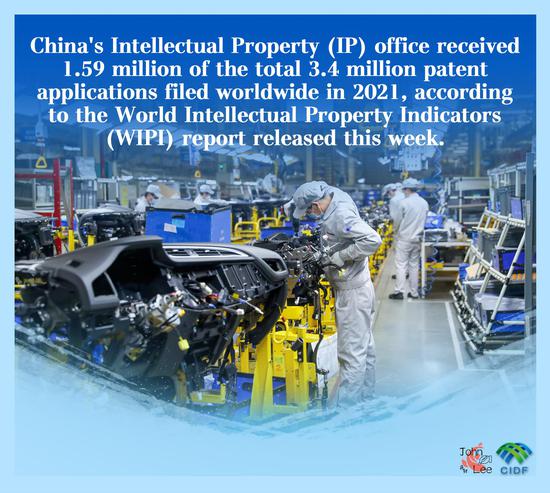

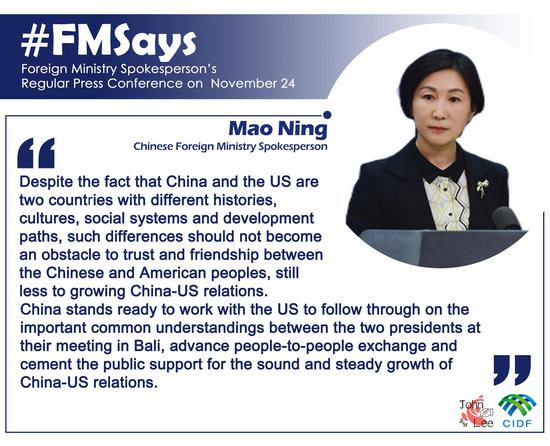








 京公网安备 11010202009201号
京公网安备 11010202009201号